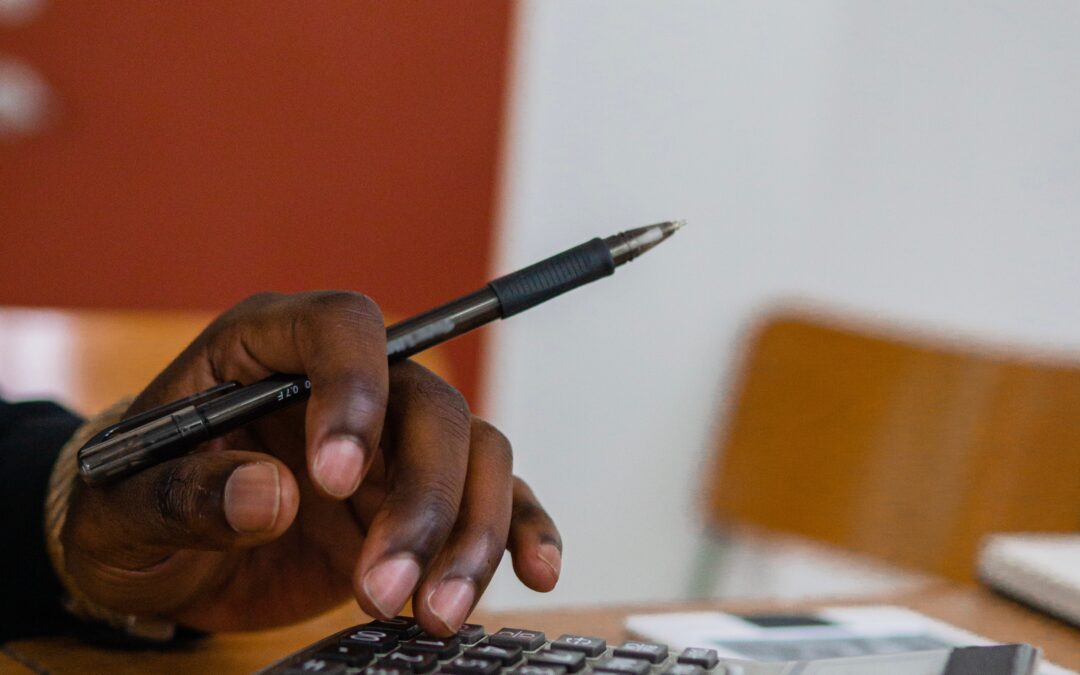“Financial independence is paramount. My mom always says that when a woman is financially independent, she has the ability to live life on her own terms. I think that was the soundest advice that I ever got. No matter where you go in life or who you get married to, you have to be financially independent — whether you use it or not,”
— Priyanka Chopra, actress, singer, and film producer.
Priyanka’s mother is not wrong. Never mind how the household responsibilities may be split. Even though the woman in a heteros may be dealing with money all the time, the access to money and the decision making is usually left to the man.
Why are women financially dependant on their husbands or fathers?
Blame it on patriarchy, tradition, or how the media/film portrays gender roles. At the end of the day, women lose out. It’s bad enough that they don’t teach us anything about financial literacy in schools, but if we don’t get that information at home either, we are at a distinct disadvantage.
As a Gen-Xer born and brought up in India, I definitely was not aware of money or its importance for my empowerment. After living in the US for more than 30 years, I was aware, but not actively participating. Truth is, I was scared.
Fast forward to today. The importance and the urgency of understanding how finances work is how it impacts your working life, your retirement, and the next generation -especially for women of color.
If we don’t stand up and understand how finances work, how will we make sure we are not taken advantage of? Or how can we know if we’re being paid equitably? How will we know how to not run out of money during retirement? And how will we prepare the next generation?
What are the first financial concepts you need to learn to become financially independent?
- Look at all the money coming in from your pay or your side hustle. This is your income.
- Look at all your expenses. That’s everything that you’re spending on, from shoes to gas, to brunch with the girls.
- Do you have a credit card in your name? If you don’t, but you are using your spouse’s, then you are not building a credit score.
- If you do have a credit card in your name then, are you paying it all off at the end of the month? Or are you paying only the interests?
- Do you have a credit card in your name? If you don’t, but you are using your spouse’s, then you are not building a credit score.
- Go back to your income. Is it more or less than your expenses? If it is more, that means you are living above your means. Stop spending more than you earn.
- Look at your savings.
- Do you have a savings account? Are you putting a little bit in there every paycheck?
- Do you have an emergency fund? This should be anything between 3 to 12 months of your monthly expenses.
- Do you have a 401k or Roth at work? Are you putting money aside in there?
Why am I asking all these questions? Because I had to do it myself not too long ago. Knowledge is power. Once you know what you have, then you can decide on your next steps and where you want to go.
There is so much to learn, but when you start taking baby steps and making small decisions, you feel empowered. Then you make bigger decisions, and next thing you know, you are on your way!
Share this on Facebook and help another woman in her journey!
Stay Connected for latest updates

Privacy Policy
Malini Sarma © 2021
Cookie Policy

